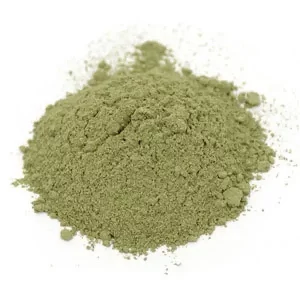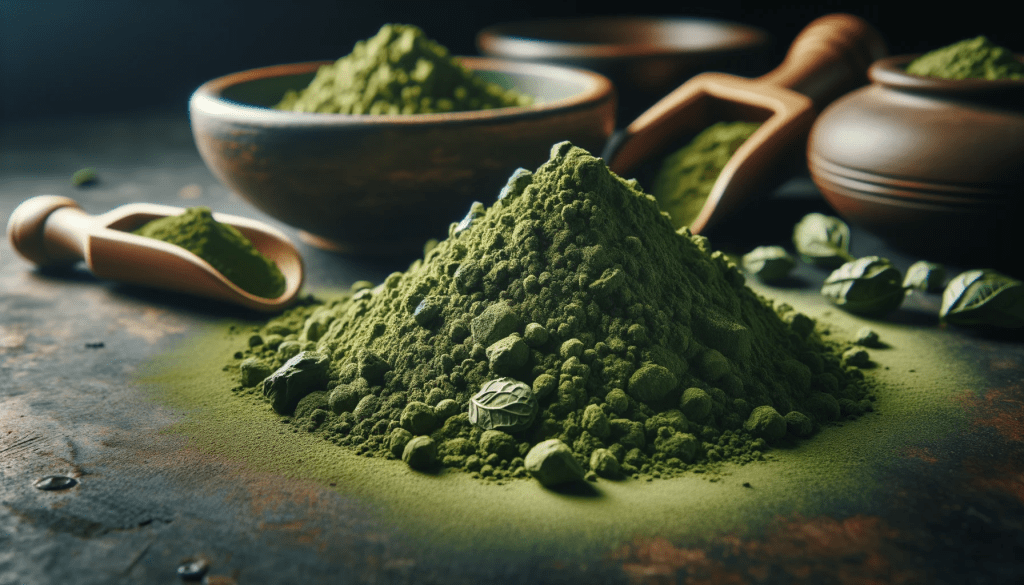Navigating the complex world of kratom legality can be confusing. Originating from Southeast Asia, kratom is an herbal substance with potential health benefits and therapeutic properties that range from stimulating to sedative, depending on dosage.
This blog post aims to shed light on the murky waters of its legality, in the US and globally, offering a comprehensive overview designed to clear any confusion.
Kratom Legality in the United States

Kratom legality varies widely across the United States, with its status hinging on state regulations. Some states embrace a tolerant view, allowing regulated sales of kratom products.
Others have passed legislation outright banning it due to concern over potential abuse and dependence on this herbal substance.
The U.S. Food and Drug Administration (FDA) has yet to approve kratom for any medicinal use but continues to express severe concerns about its safety profiles. Warnings have been issued by the FDA regarding kratom’s side effects and possible health risks associated with usage — including harmful heart effects.
Moreover, the Drug Enforcement Administration (DEA) has shown keen interest in kratom’s legality, contemplating placing it under the Controlled Substances Act due to their apprehension about the misuse of this botanical product often consumed as a tea or via drink recipes for recreational purposes.
Understandingly so, because kratom can exhibit stimulant-like effects at low doses while sedative ones at higher measures — thus raising red flags around addiction possibilities.
Shifting tides in public opinion spurred by user reviews and usage statistics may influence future DEA changes or augment current kratom laws, potentially leading toward either relaxation or tightening of regulations.
Presently though, one must be intimately familiar with their local rules before purchasing or consuming any form of kratom.
At the time of this posting, kratom is currently banned in the following states:
- Alabama
- Arkansas
- Florida
- Indiana
- Tennessee
- Wisconsin
Is Kratom Legal in Other Countries?
Kingdom Kratom - Kratom Powder

Kratom legality in other countries varies significantly. While kratom is legal in many Southeast Asian countries where it originates, such as Thailand and Malaysia, several nations have banned its use.
Some of the countries where kratom is illegal include Australia, Denmark, Finland, Germany, New Zealand, and Sweden.
In Canada and the United Kingdom (UK), kratom is considered a controlled substance. This means that it is not readily available for sale and possession without proper authorization can lead to legal consequences.
It’s important to note that the legal status of kratom can change over time as new regulations are implemented. Therefore, individuals traveling or residing in different countries should always check local laws regarding the use of kratom before using or purchasing the substance.
Overall, while some countries have embraced the potential benefits of kratom and allowed its use with regulations in place, others have taken a more cautious approach due to concerns about abuse potential and health risks associated with its consumption.
Conclusion

In conclusion, the legality of kratom is a complex issue. While it remains legal in many states in the United States, several states have banned its use. Additionally, other countries worldwide have taken varying approaches to its legality.
It’s crucial for individuals interested in using kratom to research and understand the specific regulations and laws within their jurisdiction to ensure compliance with local legislation.
FAQs
1. Is kratom legal in the United States?
The legality of kratom varies by state in the United States. Some states have banned kratom, while others have implemented regulations or restrictions on its sale and use. It is important to research and understand the specific laws in your state before purchasing or using kratom.
2. Why has kratom been banned in some states?
Kratom has been banned in some states due to concerns about its potential for abuse and addiction, as well as reports of adverse health effects associated with its use. The FDA has issued warnings about the risks of consuming kratom products, citing concerns such as respiratory depression, liver injury, and even death.
3. Are there any federal regulations on kratom?
Currently, there are no federal regulations specifically banning or regulating kratom at a national level in the United States. However, the FDA has not approved kratom for any medicinal use and has actively taken enforcement actions against companies making unproven claims about its benefits.
4. Can I travel with kratom?
Traveling with kratom can be complicated due to varying state laws and restrictions. It is essential to check the laws both at your departure location and your destination before traveling with kratom products to ensure compliance with local regulations. Additionally, some countries have stricter policies regarding controlled substances like kratom, so researching international travel restrictions is crucial if you plan to take it abroad.
5. What are the potential benefits of kratom?
Potential benefits of kratom include increased energy, management of chronic pain (including muscle pain relief), and some therapeutic benefits like stress relief and elevated mood. Those suffering from opioid addiction have also used it and it may help with opioid withdrawal symptoms.
6. What are the potential side effects of kratom?
Kratom use does come with some potential risks, including kratom addiction similar to opioid drug abuse. The results of kratom addiction can include intense cravings and kratom withdrawal symptoms, which can be dangerous if not monitored by a medical professional.
7. What forms does kratom come in?
Kratom is an herbal substance made from kratom leaves that comes in a variety of forms including kratom powder, kratom capsules, and kratom extracts.






